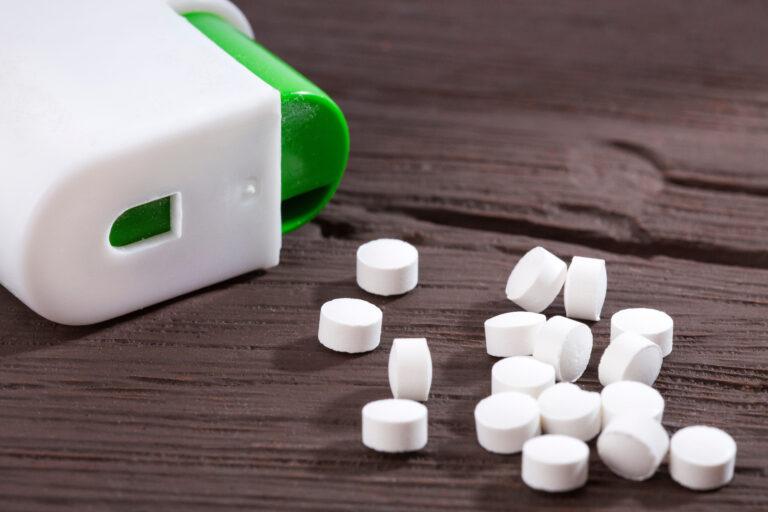In the recent years, artificial sweeteners have become popular as a non-caloric additive for sweetening foods and drinks. Artificial sweeteners have been detected from wastewater, surface water, groundwater and drinking water. Artificial sweeteners, such as sucralose and aspartame, provide the sweet taste in low-calorie foods, increasing their popularity worldwide.
A study from the UK investigated the role of commonly consumed artificial sweeteners (saccharin, sucralose, aspartame) on gut bacterial pathogenicity and gut-microbe interactions using microbial (Escherichia coli and Enterococcus faecalis) and gut epithelial (Caco-2 cells) models. The results show that sweeteners increase the biofilm formation capacity of bacteria in different ways. Co-culture with human intestinal epithelial cells shows an increase in the ability of model gut bacteria to adhere to, invade and kill the host epithelium. Further studies are needed to understand the molecular mechanisms responsible for these pathogenic effects with the aim of reducing the negative impact of sweeteners on gut health.
In a study published in Spring 2022, the authors found that the human metabolic response to artificial sweeteners is highly dependent on the microbiome. However, it is not yet clear exactly how sweeteners interact with the human microbiome.

